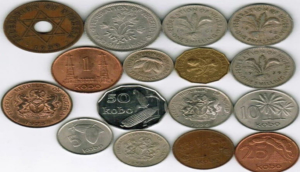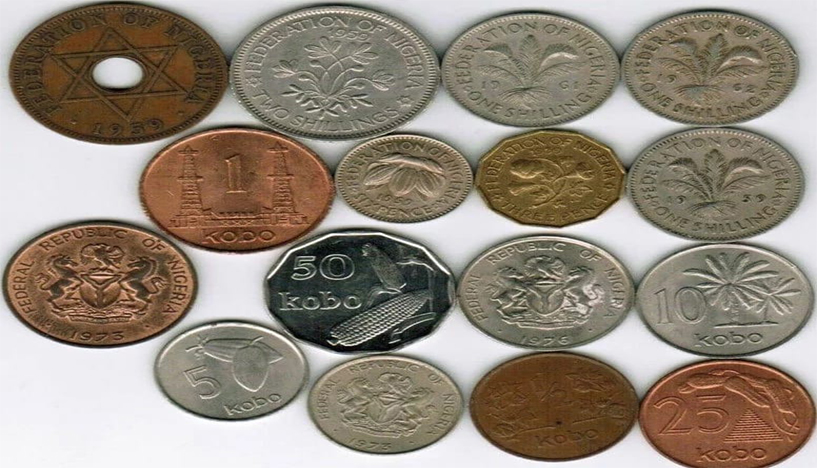
The main idea of having the coin as part of the Nigerian currency was to house the “minor unit” of the naira. At the early stages of its introduction, the kobo had huge value that it was used for its unitary power of purchase (i.e. goods are sold for kobo in the market). At some point, bigger denominations of the naira were introduced and consequently smaller units of notes were coined; 50k and N1 in 1991, and then N2 was introduced in 2007.
Those that have been around in the past three to five decades have witnessed both eras of the coins – when it was fully in circulation and effectively used, and now that we do not have it (visibly) in the economy. This set of people can relate with memories of good old days when for example, 50k could get you a loaf of bread and a tin of sardine, as well as the harsh reality of having to pay for example, N5 for a sachet of pure water today, probably because there are no smaller denominations (visibly) to use for such transactions.
The general argument surrounding the disappearance of the coin is that it has become a natural disposition of Nigerians not to spend coins. But since when did it become that way, and what were the factors that led to this disposition among Nigerians? There is also the argument that Nigerians don’t like the coin money because there are no commodities that a unit of the naira can buy. But is this reason enough why the coin should be dumped completely? For example, there are also no services, even in the UK, US and other developed countries that are solely coin-based, but the coin in these countries is still very much in circulation.
So I ask, would we be doing justice to our coin if we adjudge it strictly from that angle? The objective of a kobo is not necessarily in its unitary power of purchase, but in its aggregate power of purchase. In other words, the coin should be judged by the convenience it creates in the process of carrying out our daily transactions.
The implication of the non-usage of the coin is that the naira is not capable of carrying out the lower levels of transactions, and by extension not as effective as it should be in ensuring fair and reasonable transactions. The direct consequence of this is a rise in inflation. Efforts were even made by CBN to redesign and re-issue the coins for convenience, but yet people still would not accept the coin.
It is important to note that for example, each time we buy a commodity for say N5 or N10, we probably pay an excess of between 1k and N4 for that commodity. So, imagine how much wealth we have lost in this country because of our poor disposition to the coin. It will therefore be wise for Nigerians to have a more positive view of the coins, and canvass for the re-introduction of those coin denominations such as 1kobo, 5kobo, 10kobo and 50kobo. After all, they still form the basis of our statement of accounts.






Leave A Comment